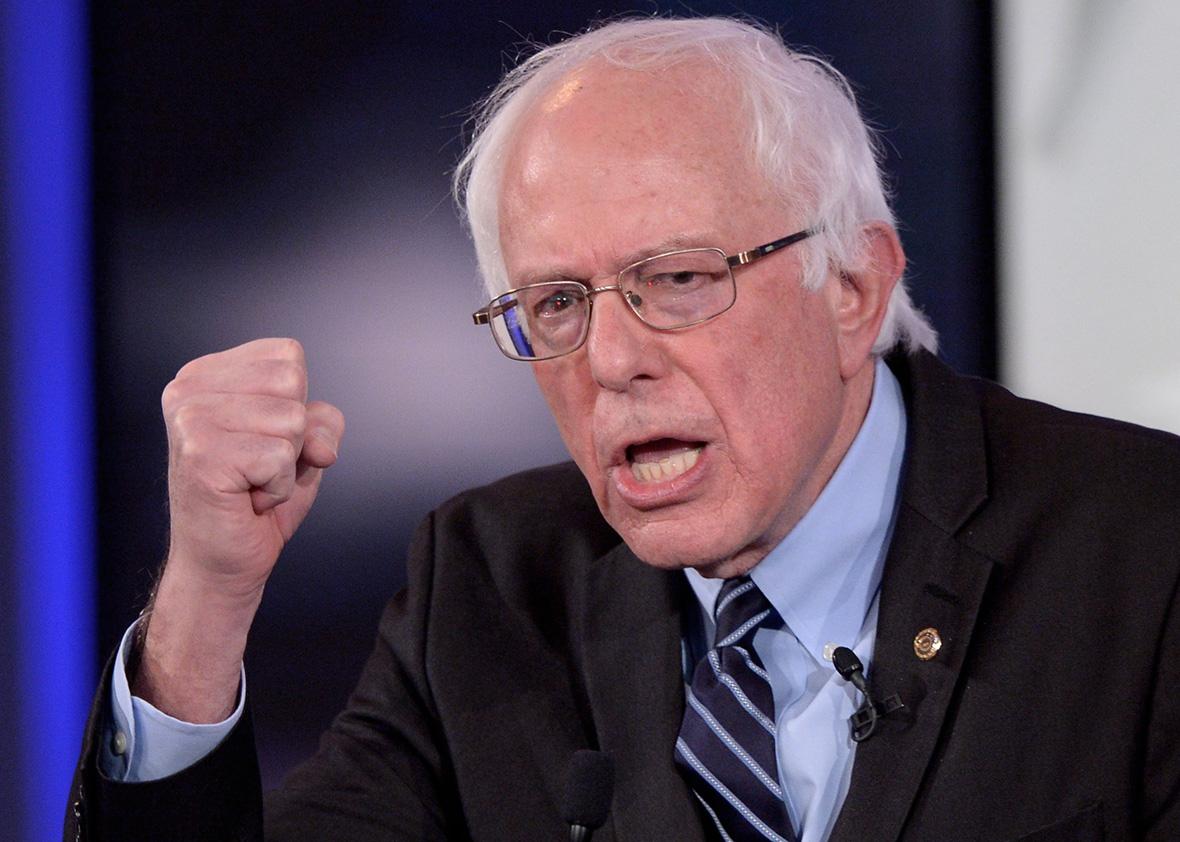At Saturday night’s second Democratic presidential debate, just a day after ISIS launched horrific coordinated terrorist attacks in Paris, moderator and Slate political columnist John Dickerson asked Bernie Sanders a straightforward question: “Sen. Sanders, you said you want to rid the planet of ISIS. In the previous debate you said the greatest threat to national security was climate change. Do you still believe that?”
Sanders didn’t hesitate: “Absolutely.”
On Twitter, David Axelrod—the architect of Barack Obama’s successful presidential campaigns and a major voice in the Democratic Party—immediately criticized Sanders for going too far, likening his response to the notoriously poor debate performance of 1988 Democratic presidential nominee, Michael Dukakis:
Sanders’ response is gutsy for a challenger that’s recently seen his polling numbers slip to frontrunner Hillary Clinton. But it’s also correct.
Even though the wounds in Paris are still very fresh after Friday’s attacks, Sanders appropriately used this moment to highlight the current and future global tragedies that unmitigated climate change will surely cause. A landmark study earlier this year provided convincing evidence that a multiyear drought linked to global warming helped spark the catastrophic Syrian war, which helped give rise to ISIS. The Pentagon has consistently called climate change a “threat multiplier.” “If we do not get our act together and listen to what the scientists say,” Sanders said at tonight’s debate, “you’re going to see all kinds of international conflict.”
In just two weeks, more than 100 heads of state will gather in Paris to negotiate the world’s first global agreement on climate change. Their job, in the aftermath of the tragic attacks, has never been more important.
